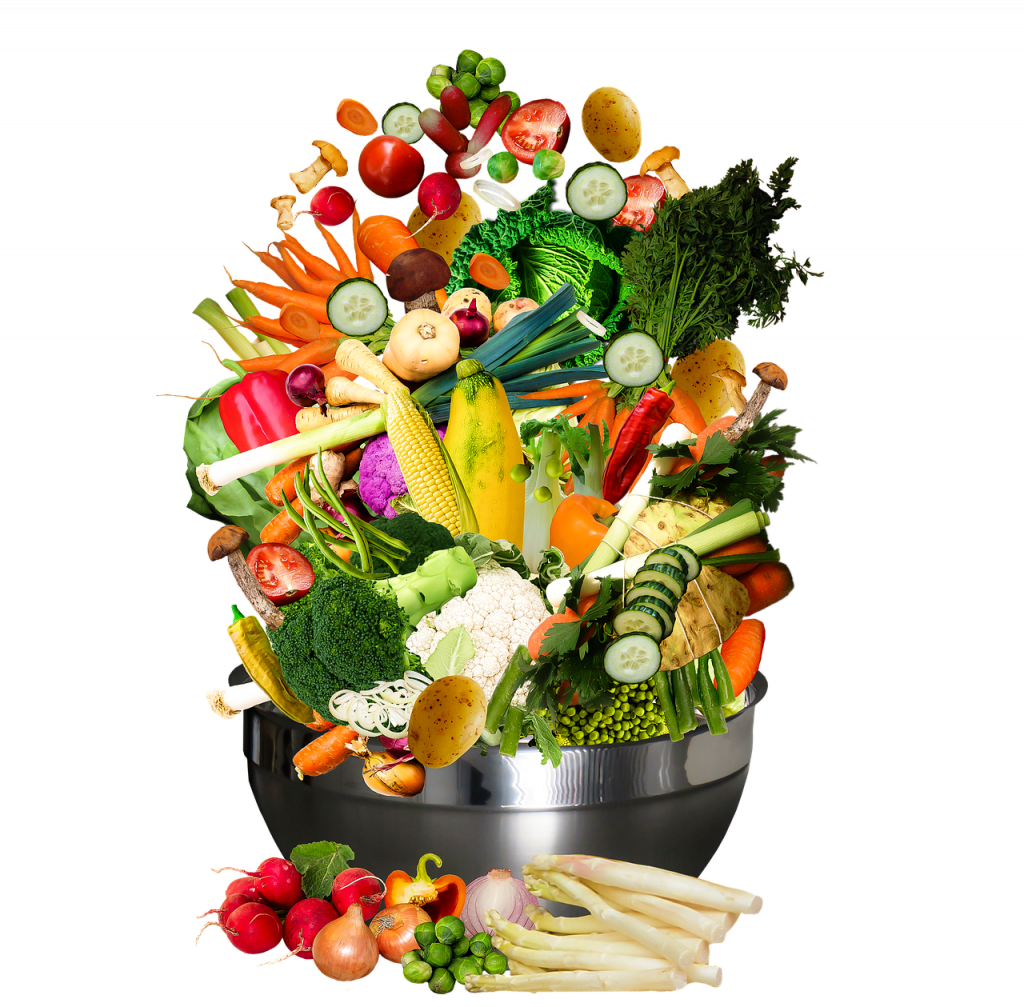People are becoming more interested in veganism as they become more conscious of animal cruelty and the prevalence of veganism among celebrities.
Being vegan may be a significant lifestyle adjustment, as it implies that you get all of your nourishment from plant-based foods.
Given that, while a well-planned vegan diet has very high health advantages, it can also be a deficient diet if you don’t source your food effectively and can even lead to significant health concerns owing to nutritional deficiencies, negating all of its benefits.
For example, when a person practises veganism, he or she abstains from ingesting meat, eggs, dairy products, or any other animal-derived food, all of which are inherently high in vitamin B12.
However, if a person does not include B12 supplements in his or her regular diet, it is no surprise that he or she may be exposed to a blood shortage or permanent brain damage.
Here are 4 tips to assist you to overcome nutritional inadequacies when following a vegan diet.
Nuts & Seeds must be in your diet
When your body flushes out dangerous poisonous components, it can operate and respond more effectively. Having seeds regularly might help you overcome unwanted weariness and energy loss.
Seeds like chia, flax, sunflower, watermelon, and pumpkin include a lot of monounsaturated fats, vitamins, fibre, and polyunsaturated fats (omega-3 fatty acids), which help the body’s metabolic activity and fight nutrient shortages.
Consume iron-loaded meals
Iron is the most important element for blood formation and the primary component of haemoglobin and myoglobin.
It is required not just for blood but also for respiratory function, energy metabolism, collagen synthesis, and neurotransmitter production.
Include plenty of beans and legumes, which are high in iron, folate, magnesium, and potassium. Also, try mixing them with citrus fruits or vegetables to help with iron absorption.
Include B12-rich foods and supplements in your diet
A lack of Vitamin B12 can lead to anaemia, ataxia, and cognitive difficulties, all of which are caused by poor dietary habits. As a result, consider increasing your vitamin B12 consumption.
To avoid vitamin insufficiency, include rich amounts of multivitamins, iron, magnesium, and fibre in your diet, such as soya bean, soy or almond milk, mushrooms, and avocados.
Green leafy veggies are an absolute requirement
Green leafy vegetables are high in protein, fibre, vitamins A, C, and K, as well as carotenoids, folate, and manganese.
Increase your consumption of spinach, kale, or broccoli, for example, to avoid blood or nutritional shortages. Remember to eat green to maintain your bones and immune system in good shape.

